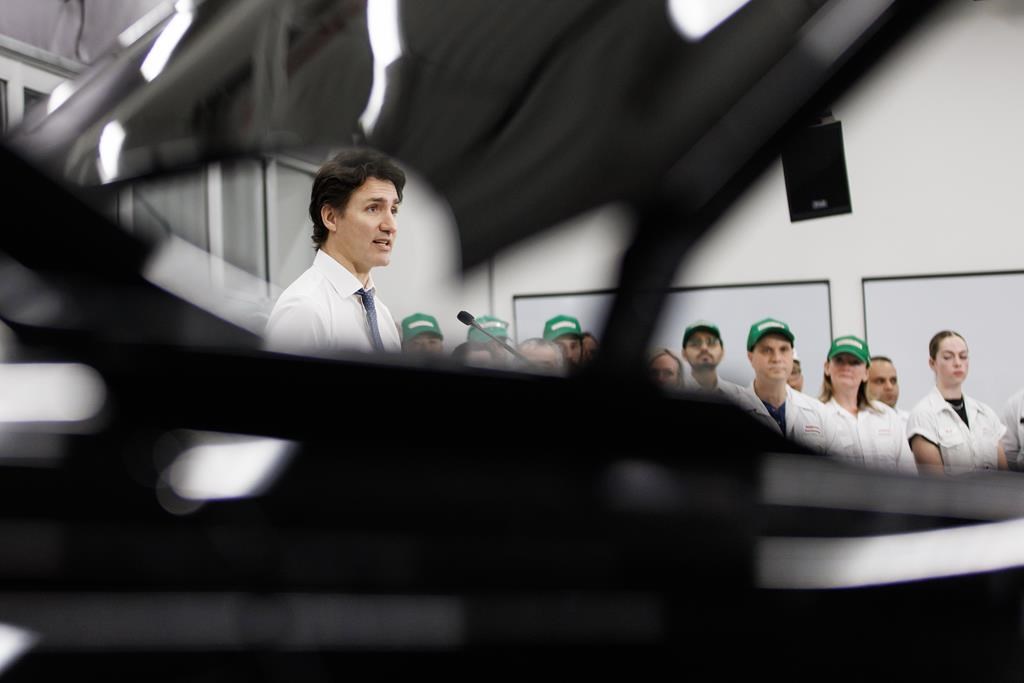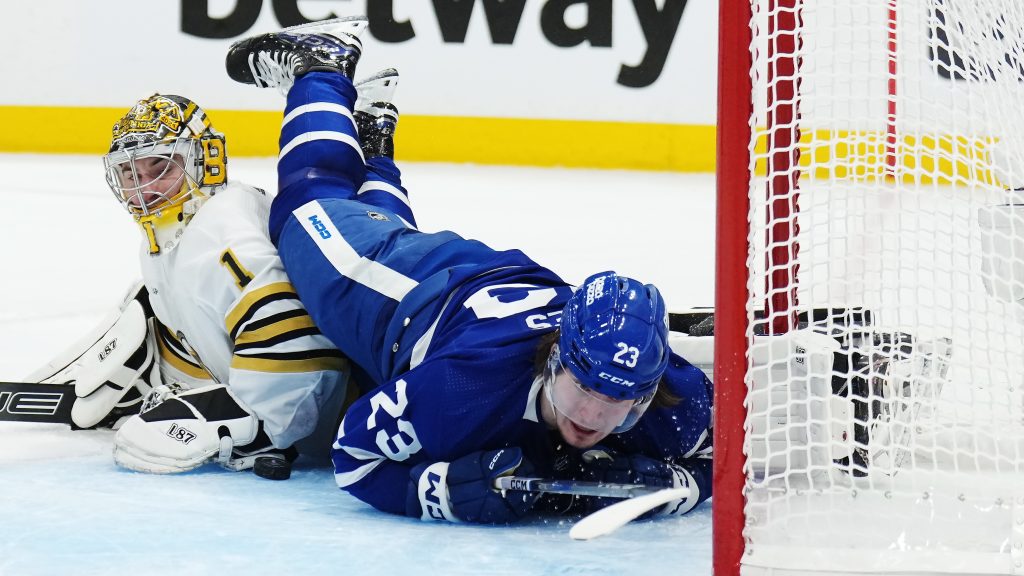Raptors’ elite-level basketball IQ an overlooked playoff advantage

Posted April 29, 2019 5:31 am.
Last Updated April 29, 2019 6:20 am.
In a sport where ‘measurables’ — height, reach, speed, strength — seem so obviously the point of differentiation between players and teams, the element that is often overlooked may be the one that matters most.
Brains, IQ, EQ — the ability to absorb information, think on the fly and keep calm under stress — are harder to measure and so often get brushed aside in the rush to identify the next athletic marvel.
Hey, it’s the NBA, you need those too. The truth is there has never been a great player or a winning team without high doses of both athleticism and smarts.
The best have the most of both.
So it would be unfair to say the Toronto Raptors‘ second-round series against the Philadelphia 76ers is a battle of brains vs. brawn.
The Raptors are pretty darn athletic and the Sixers have their share of hoops IQ.
But it might be reasonable to suggest that the Raptors’ advantage lies in the grey areas that go beyond who is bigger or faster or even who is more skilled.
If the playoffs are a never-ending, graduate-level basketball exam with a lot of questions that weren’t part of the review, the Raptors’ rotation is the study group with the brainy kids, preparing for not only what is supposed to be on the test, but also what might be.
“I think we’re really smart,” said Raptors point guard Kyle Lowry, who has been recognized in the past by NBA.com’s annual general manager’s survey as one of the NBA’s most intelligent players. “Our starting five, our group overall IQ is really high. I think our starting five might be honestly up there with any other starting five, IQ-wise. Honestly. It gives us an advantage to be able to figure it out and be able to communicate it … we’re able to communicate what we want to do, verbally and physically, a lot easier.”
It doesn’t end with the starters. Fred VanVleet may be in this third year, but he was chipping in on game plans as a rookie. Serge Ibaka is in his 10th season. Norman Powell is bordering on veteran territory in his fourth year. Pascal Siakam is in his third season but has never for a moment seemed overwhelmed in his first year as a full-time starter while Lowry, Danny Green, Kawhi Leonard and Marc Gasol average nearly 11 years of experience, not to mention multiple deep playoff runs.
The Sixers have some seasoned players too — J.J. Redick is in his 13th season while Tobias Harris and Jimmy Butler are in their eighth – but their stars, Ben Simmons, 22, and Joel Embiid, 25, are in the playoffs for just the second time.
In Game 1, the Raptors looked like the veteran team as they solved the 76ers riddle effectively enough to get the win and head into Game 2 Monday night at Scotiabank Arena with a chance to take a stranglehold on the series.
They’ll be looking for their sixth-straight win in this post-season and seem to be getting better game by game as their recently assembled starting lineup has now played nearly as much together in two weeks as they had all season.
“I think the ability for us to be able to lock in on one team has helped us,” Lowry said on Sunday afternoon. “You know, the Magic [the Raptors’ first-round opponents], we were able to lock in, and with the Philadelphia 76ers now, we’re able to lock in.
“It helps us tremendously, because we can figure out where we wanna be, how we wanna play, what the rotations are gonna be, what we would like to do, what we would like to stay away from.
“I think that’s helped our team. It’s just given us more time to figure out tendencies. Listen, these guys [the Sixers] got All Stars. These guys are really, really good. [But] there are some tendencies that they have, and that’s where you try to figure out what we as a group … what are their tendencies, how do we take away their tendencies, or how do we be proactive to their tendencies, and not reactive.”
Among the examples from Game 1: The Raptors were able to discombobulate 76ers all-star centre Embiid as he was held to 5-of-18 shooting and 16 points, well off his regular-season efficiency and production; Butler, Philadelphia’s all-star wing, was 4-of-12 and Toronto held the Sixers starters — the most productive unit in the regular season and the playoffs — to a manageable net rating of plus-9.5 points per 100 possessions as opposed to the plus-62.2 they had against the Brooklyn Nets in the first round.
The Sixers will naturally be adjusting for Game 2. Both Simmons and Embiid mentioned the need to be more aggressive in bringing defence to Leonard and Siakam, who combined for 74 points on 74 per-cent shooting in Game 2.
Similarly, the Raptors have areas they would like to improve on. That sharp-shooter Redick was able to wriggle free for 12 threes and go 5-of-7 in the third quarter was noted. That the Sixers got 13 offensive rebounds — to the Raptors’ two — was also a point of emphasis.
But the benefit the Raptors have is they can figure it out – both in advance and on the fly.
“It helps a lot,” said Raptors head coach Nick Nurse. “It’s a very intelligent, very experienced group. You see it not only in the game but you see it on days like today. The film session’s very… it’s meant to be improvement time. It’s not us just telling them, it’s us working together and there’s a lot of good ideas.
“Our coaching staff’s ears are open, there’s an exchange of ideas because these guys have been through hundreds of games and lots of playoff runs and all those kinds of things.”
In other words, it’s worth listening. Chances are there is something to learn and something that could make the difference in Game 2 and beyond.
Those insights are measured in W’s.










